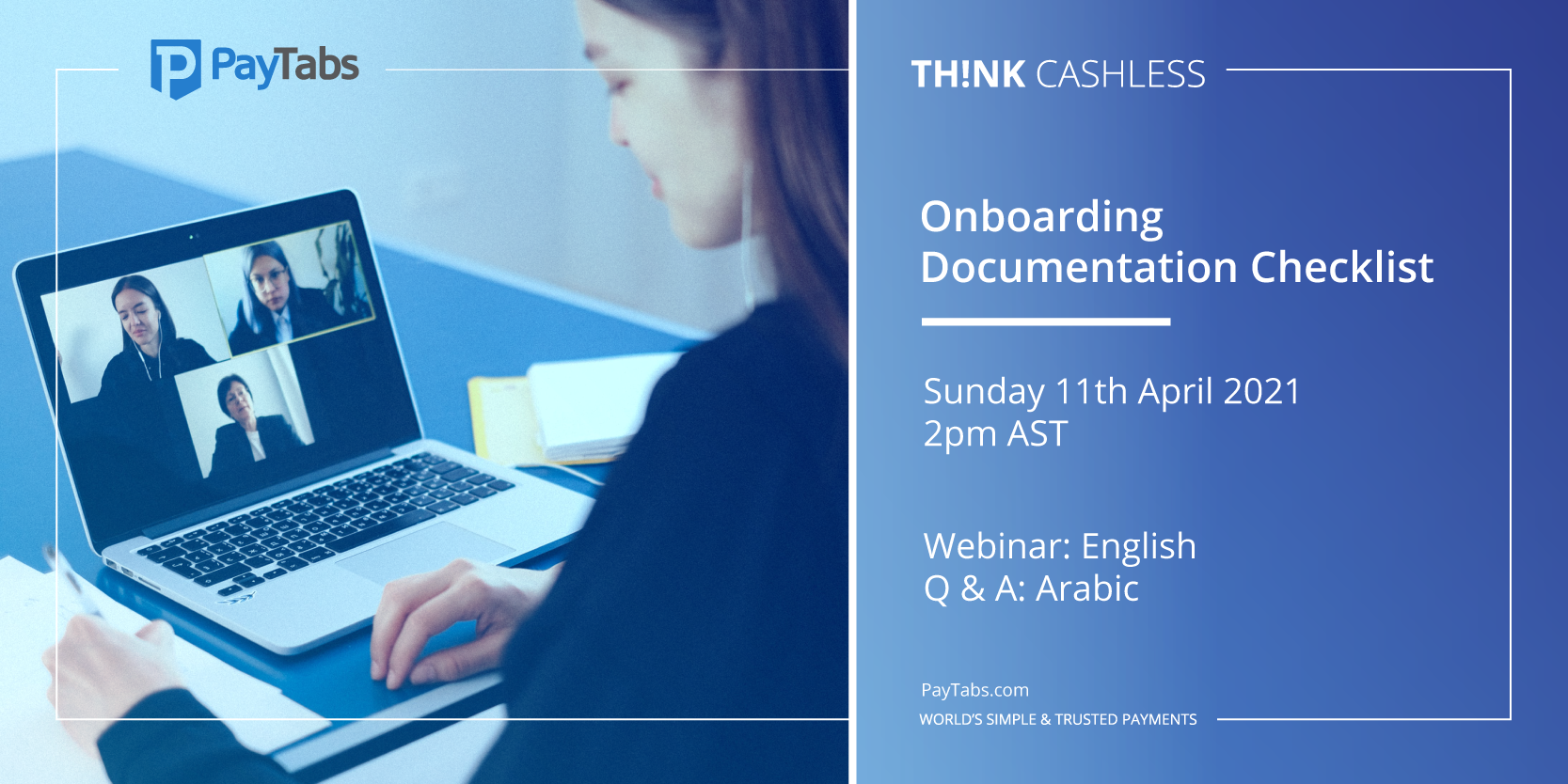How to Help Kids Take Their First Steps into Ecommerce
Helping your kids get into business is beneficial for various reasons. It not only helps them become productive but also instills important life lessons, a source of income, and encourages creativity. Kids also learn how to manage time and money at a young age. While most business-oriented lessons have been incorporated into childhood education, it requires your kid’s input to put the lessons into practice. That said, consider the following steps to help your kid make their first steps in eCommerce.
Choosing the Right Business Idea
Like physical businesses, explore your kids’ hobbies and interest to help them venture into the right eCommerce business. Therefore, thoroughly brainstorm based on your kids’ interests and passion to ensure that you settle on a fun business idea for your kid. Some of the best possible eCommerce business ideas for your kid include;
- Selling artwork and crafts.
- Building wooden birdhouses, flower planters, and bird feeders
- Designing and assembling jewelry
- Self-publish novels, poems, and storybooks
- Teach others crafts by creating online courses
- Making cookies, cupcakes, and recipe books
Choosing a Platform for the Ecommerce Store
Ecommerce stores require that you find the best platform to host your business. Therefore, when building an online store with your kid, ensure that you choose an affordable, easy-to-use, and safe platform. Some of the key pointers of a good eCommerce platform include;
- Free to use and expand – you should find ways of cutting on cost when starting the business. Choosing a free platform is a good option, as you will only spend on the domain name and hosting services. The platform should also be scalable if the business picks up quickly.
- Not limited – ensure that there are no restrictions on what can be sold from the platform.
- Customizable – the platform should have endless customizing options where you can choose from a large library of extensions. This improves the store’s functionality, design, and marketing.
- Minimal editing – even if you or your child can design a website, ensure that the platform requires minimal edits. Some of the basic edits required include adding text, photos, videos, and buttons. Similarly, kids with coding interests canlearn to code if they want to advance the functionality and appearance of the eCommerce store. Practicing simple web design languages, such as HTML, PHP, and CSS, can help them edit every store aspect.
- Complete control – running a website with minimal control is painstaking. Some platforms can easily erode your kids’ hard work and limit their control over several aspects. Therefore, ensure that you can edit and own everything on the website.
- Good customer support – starting in the eCommerce realm can be challenging. It requires extensive support from various disciplines. Ensure that your platform provider is readily available to answer any concerns.
Setting Up the Business
With a good eCommerce platform, the next step is identifying a potential target market for your kids’ products and services. You can meet prospective customers and share the business idea or sample products. You can also test this using online crowdfunding platforms, such as Kickstarter, to gauge other people’s interest and source for capital for the project.
If the prospective business appeals to a good number, identify the essentials required to make the products or offer the services. For instance, if your kid is into art, he/she will need paint, brushes, and canvas. On the other hand, an enthusiastic baker will need ingredients, a stand mixer, and pans. Note down the costs of the items to determine the full cost of starting the business.
You should also choose a favorable product structure, depending on the nature of the business and your kids’ other engagements. The options include;
- Print-on-demand – with this structure, the kid engages a third-party supplier to customize their demands. It suits kids who want to sell their designs but don’t want to be bogged down by the hassle of manufacturing and shipping. Good businesses for this structure include customizing phone cases, puzzles, notebooks, shirts, bags, and more.
- Handcrafting – unlike print on demand, kids create the products themselves in this structure. It is a great choice for kids venturing into bath bombs, candles, jewelry, and accessories business. With this structure, your kid should have enough time to fulfill the orders.
- Dropshipping – with dropshipping, kids get to sell products on their eCommerce store without being involved with manufacturing, inventory, or shipping.
With a chosen product structure, proceed to build your online store. This involves purchasing a domain name, hosting plan, choosing a payment gateway, designing product pages, and shipping strategy.
Bottom Line
Supporting your kid in their eCommerce journey is a good way of exploring their interests and building lifelong skills while they earn money. With a digital camera, strong internet connection, product materials, and some hours to spare, your kid can earn good money.

-Angela Stone is a writer for The Coder School and graduate of Georgia State University. When she isn’t writing content for us, she’s in the garden with her cats Oreo and Tiger.








